Keywords: Jesuit Refugee Service Australia
There are more than 24 results, only the first 24 are displayed here.
Become a subscriber for more search results.
-
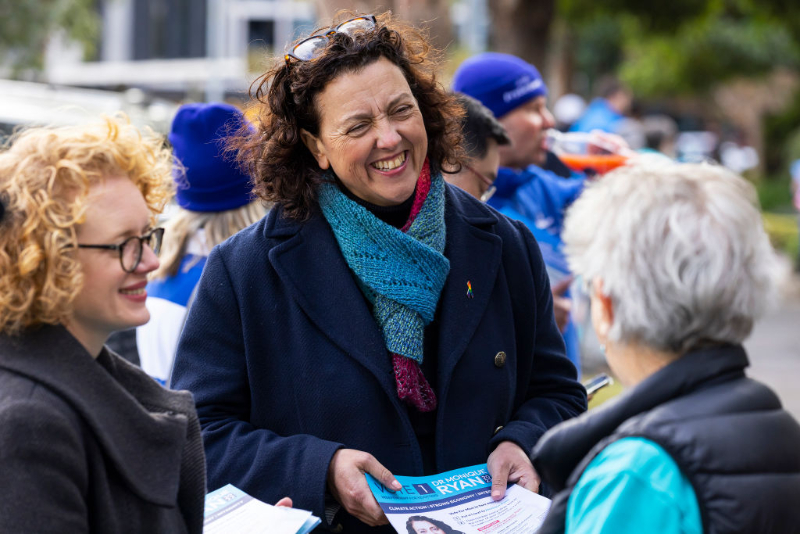
EDUCATION
- Chris Middleton
- 23 May 2022
7 Comments
Perhaps the most dramatic individual result of the Federal election was that Menzies’s seat, Kooyong, has fallen to a Teal independent, Dr Monique Ryan. Xavier College sits in the Kooyong electorate, and Dr Ryan is a parent at the College. Dr Ryan proved to be an impressive candidate who ran as a good a local campaign as I have ever seen. It was marked by a strong engagement by many locals, and especially among professional women, and older residents.
READ MORE 
-
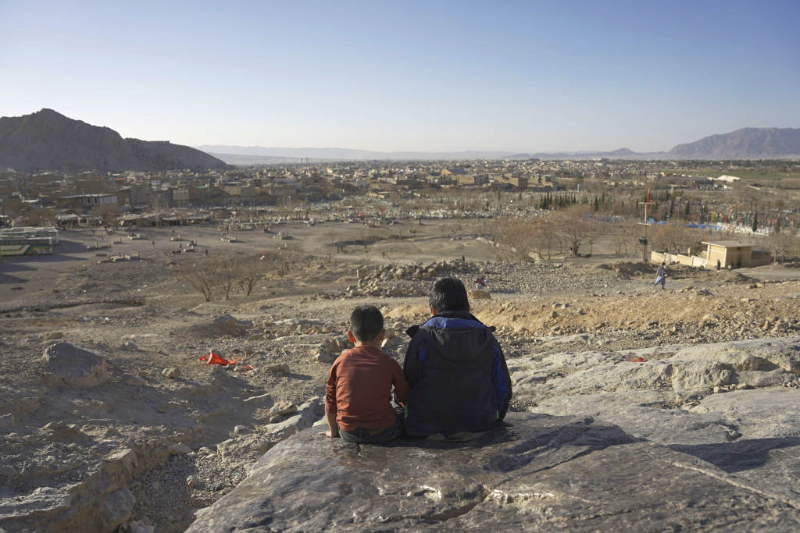
INTERNATIONAL
- Hava Rezaie, Hayat Akbari, Zaki Haidari
- 28 September 2021
6 Comments
It has now been over a month since the Taliban seized Kabul. As attention inevitably shifts elsewhere, the painful question arises: What's next? Is this another 'back to the future' moment? The signs are grim. Over the last two weeks, the Taliban have issued a number of edicts which demonstrate that their attitudes to women have not changed.
READ MORE 
-

AUSTRALIA
I was born Hazara in Afghanistan. It is a place where my people suffer constant persecution and discrimination, and additionally, where women are considered second-class citizens. When I was two years old, my parents fled Afghanistan. We first arrived in Iraq and were subsequently given refugee status in Iran. Despite the challenges of growing up a foreigner in Iran, I completed my teaching degree, and also qualified to be a lawyer.
READ MORE 
-
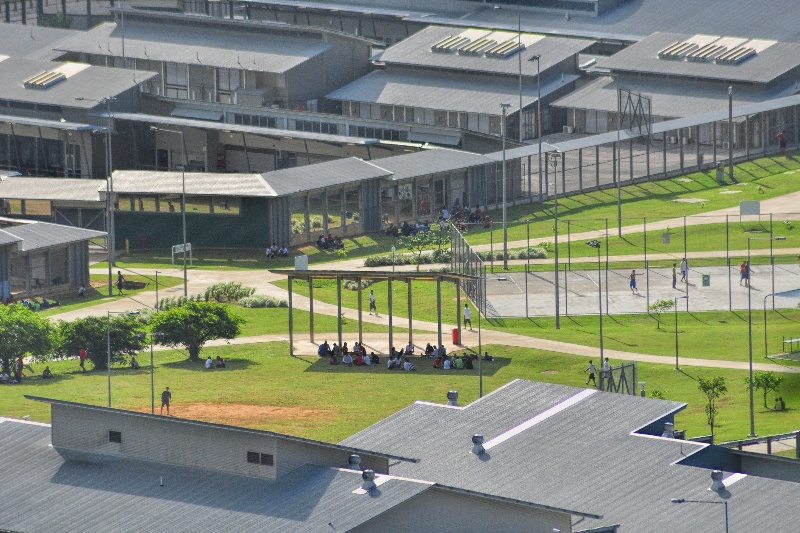
AUSTRALIA
- Zaki Haidari
- 23 March 2021
9 Comments
I am a refugee from Afghanistan, and I belong a minority ethnic group, the Hazaras. We have been persecuted for a long time because of our ethnicity, religion and values. In 2012, I was forced to leave Afghanistan. I was 17. Back home, my father was a medical doctor. The Taliban accused him of working with international armed forces in the country at the time. One day the Taliban took him away, and nobody has seen him since.
READ MORE 
-
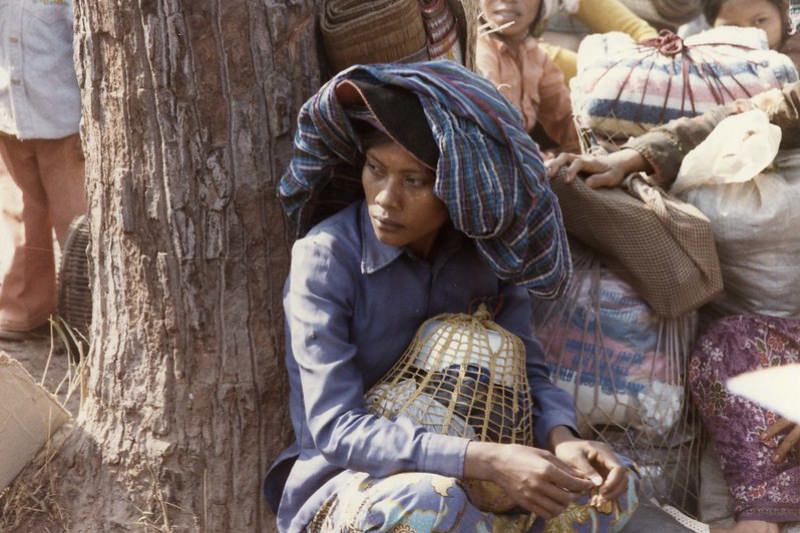
INTERNATIONAL
- Andrew Hamilton
- 26 November 2020
7 Comments
Stories of volunteers who went to help in foreign crises used to focus on the impact on the people helped. Today they explore how both parties are changed through the experience. That was also true in Jesuit Refugee Service (JRS) whose 40th anniversary occurred last week.
READ MORE 
-

FAITH DOING JUSTICE
- Carolina Gottardo
- 06 April 2020
6 Comments
The ability to work from home or social distance is a class issue. How do you practice social distancing in the slums of Lagos, the favelas of Rio or the shanty towns of Bogota, the city where I was born? Here in Australia, it’s not much different for refugees, people seeking asylum and migrants in vulnerable situations.
READ MORE 
-
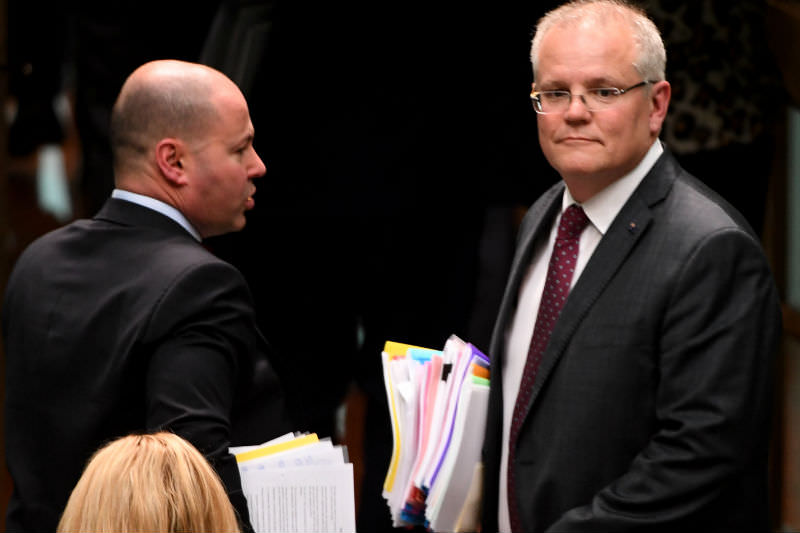
AUSTRALIA
- Carolina Gottardo and Nishadh Rego
- 12 December 2019
6 Comments
Outside, a Martian-red haze kisses the windows. An ode to the future perhaps. Most of the people present are already aware of the Medevac repeal decision. The room is heavy with silence, the mood is sombre, but far from resigned. We want change, and are willing to have a crack at demanding it.
READ MORE 
-
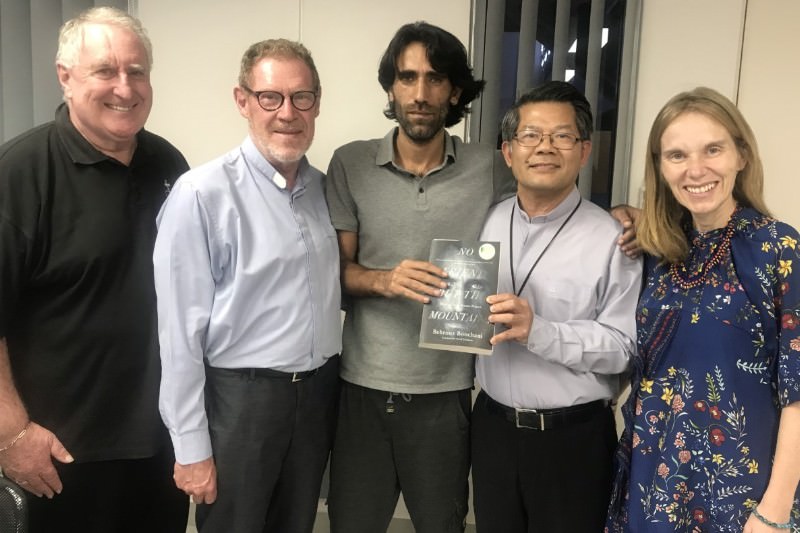
AUSTRALIA
- Joshua Lourensz
- 19 November 2019
5 Comments
'Refugees/not refugees — here it is all the same,' a man tells me with a shrug. There seems to be both recognition of the impossibility of the situation for all who have been left here — but also an attitude that no one should be left behind.
READ MORE 
-
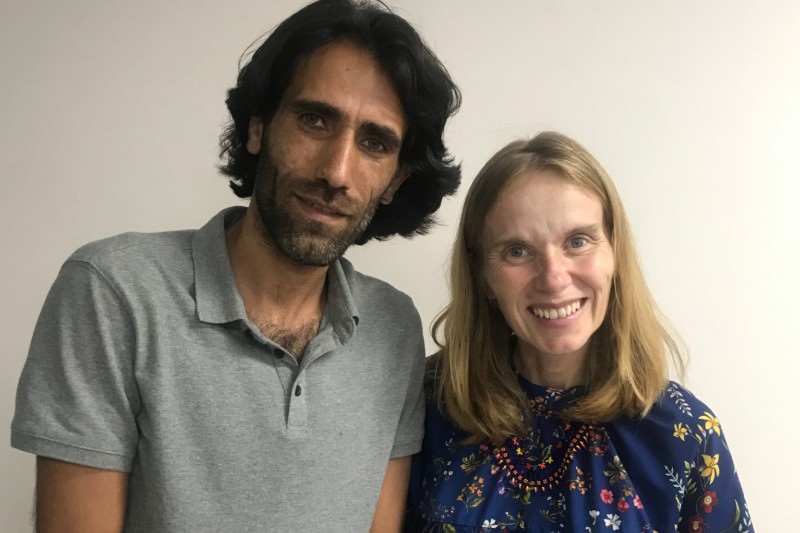
INTERNATIONAL
- Carolina Gottardo
- 18 November 2019
7 Comments
I recently visited Port Moresby as part of a delegation of Catholic leaders. I have worked with refugees and migrants for more than 20 years in different countries. I have been part of many serious and confronting human rights struggles. Nonetheless, I was not expecting what I saw and heard in PNG, and it deeply touched me.
READ MORE 
-
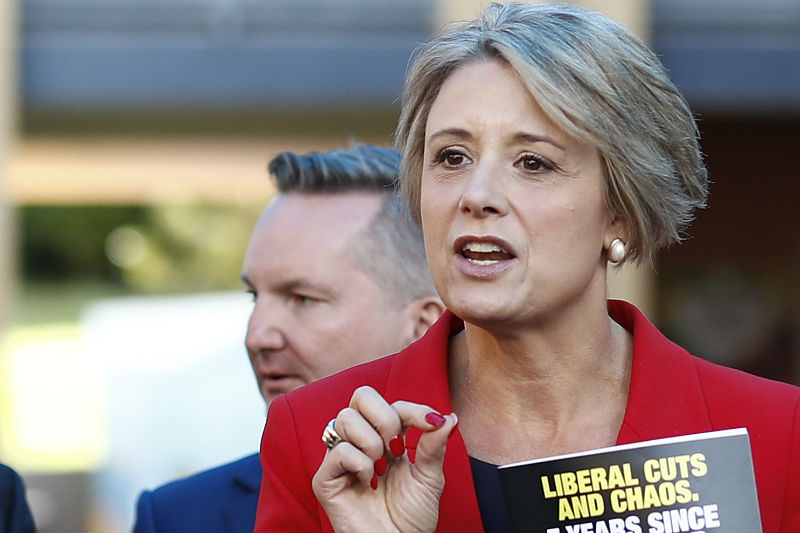
AUSTRALIA
- Carolina Gottardo and Nishadh Rego
- 06 June 2019
17 Comments
The recent federal election showed us that refugees and people seeking asylum do not need to be instrumentalised for votes. Perhaps refugee policymaking could be separated from politics. Perhaps it could be evidence-based and humane. Alas, the prevailing frames and politics of border protection quickly came to the fore post-election.
READ MORE 
-
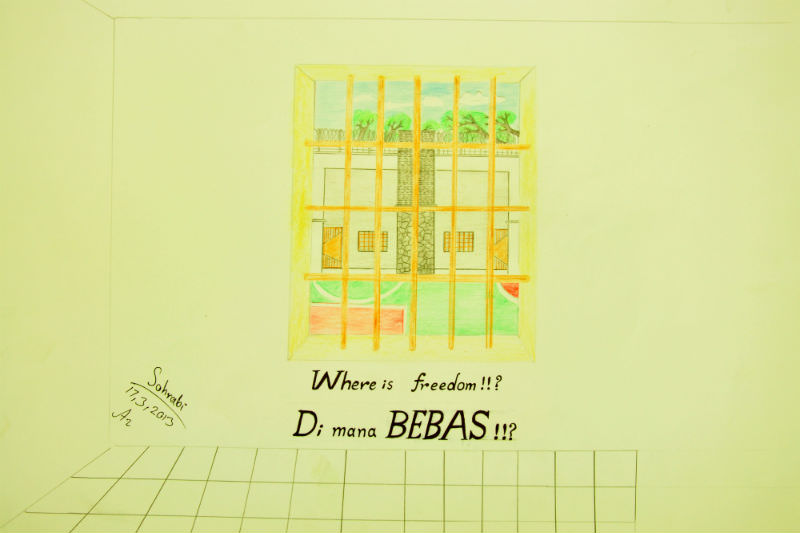
INTERNATIONAL
- Carolina Gottardo, Nishadh Rego, Lars Stenger
- 21 February 2019
8 Comments
On 7 February in Manado, Sulawesi, Sajjad, a 24 year old man who had just finished a degree in IT, doused himself with petrol and set himself on fire. He died six days later. On the day of his death, Australians woke to the government's claim the passage of the Medevac Bill would restart boats from Indonesia and weaken Australia's borders.
READ MORE 
-
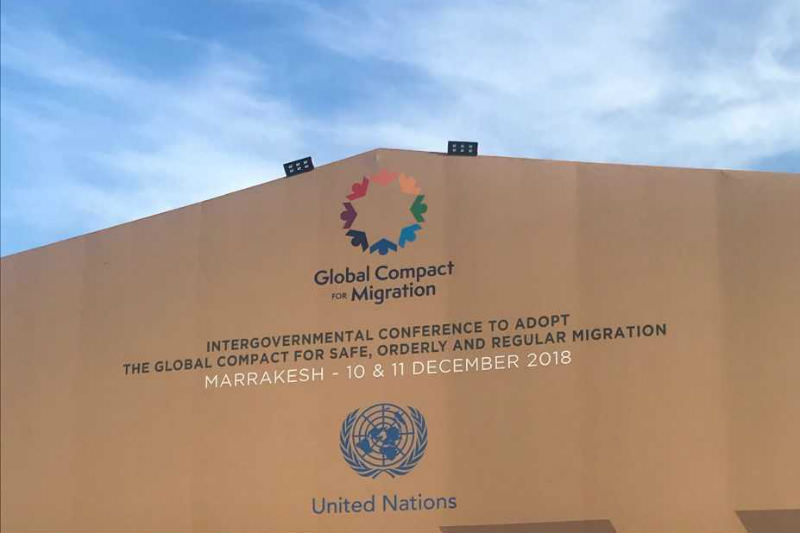
INTERNATIONAL
- Carolina Gottardo
- 19 December 2018
4 Comments
To abandon the GCM is a loss for all migrant women, men and children affected by human mobility, and creates a strong signal that Australia no longer deems multilateralism as an appropriate approach to global challenges.
READ MORE 